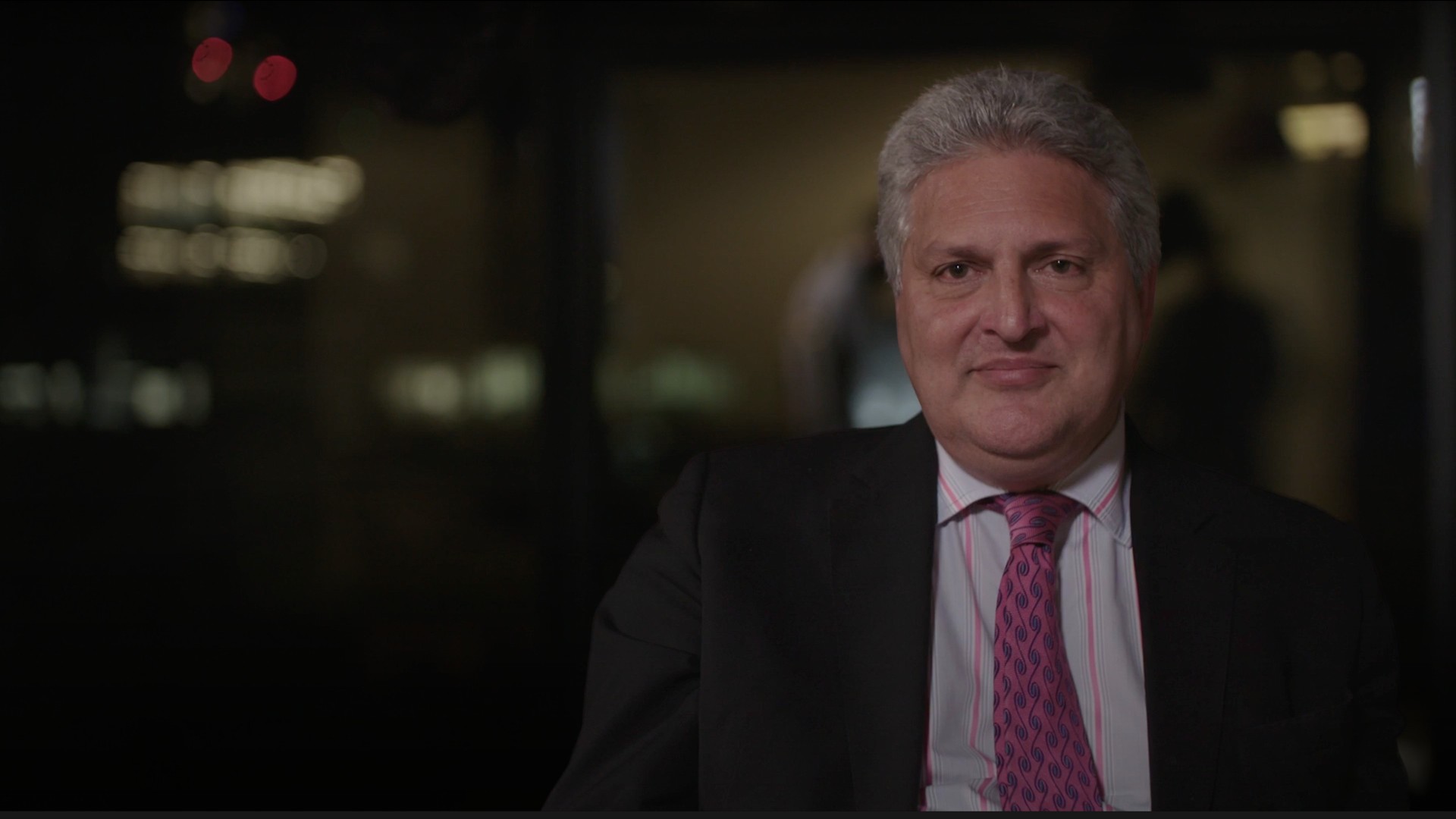
What is a Depositary Receipt?

Keith Mullin
35 years: Capital markets editorial
As an alternative to issuing shares on offshore exchanges, companies can undertake equity issuance in international markets in the form of a depositary receipt (DR). Keith explains the benefits of DRs, what they are, and how they work.
As an alternative to issuing shares on offshore exchanges, companies can undertake equity issuance in international markets in the form of a depositary receipt (DR). Keith explains the benefits of DRs, what they are, and how they work.
Subscribe to watch
Access this and all of the content on our platform by signing up for a 7-day free trial.

What is a Depositary Receipt?
7 mins 6 secs
Key learning objectives:
Define Depositary Receipt
Discuss the various properties, benefits and negatives of issuing DRs
Explain the different types of ADRs, and the difference between sponsored and unsponsored DRs
Overview:
Companies can have their shares traded, and raise capital in offshore markets by listing or issuing equity in international markets in the form of depository receipts. The market for depository receipts is huge. In 2018, 156.5 billion DRs were traded, valued at $4.2 trillion.
Subscribe to watch
Access this and all of the content on our platform by signing up for a 7-day free trial.
What is a Depositary Receipt?
These are tradeable securities that represent a fraction of a share in a foreign company, and are denominated in the investor’s local currency.
What are the properties of a depositary receipt?
- Traded or listed in markets outside the home country of the company
- They confer equity ownership on holders, even though they are listed and traded separately.
- Do not have to be listed on a regulated exchange, they can trade OTC
- They are created and sometimes issued by depository banks.
What are the positives and negatives of issuing depositary receipts?
Benefits:
- Simple to issue
- Tool for international investors denominated in major, liquid currencies
- Offer companies better visibility with international investors
- Better liquidity
- Higher stock values
Negative:
They are exposed to some degree of currency risk, as dividends will be paid in the currency of the company’s primary equity listing.
What is the difference between unsponsored and sponsored ADRs?
Unsponsored ADRs are issued without the underlying company’s involvement. Whereas Sponsored ADRs are created at the behest of the companies themselves.
What are Level 1,2 and 3 ADRs?
- Level 1 ADRs – These are OTC instruments created on behest of the underlying company
- Level 2 ADRs – These are listed on a regulated US Stock Exchange
- Level 3 ADRs – Foreign companies wishing to raise capital in the US market in the form of ADRs
Subscribe to watch
Access this and all of the content on our platform by signing up for a 7-day free trial.

Keith Mullin
There are no available Videos from "Keith Mullin"



























